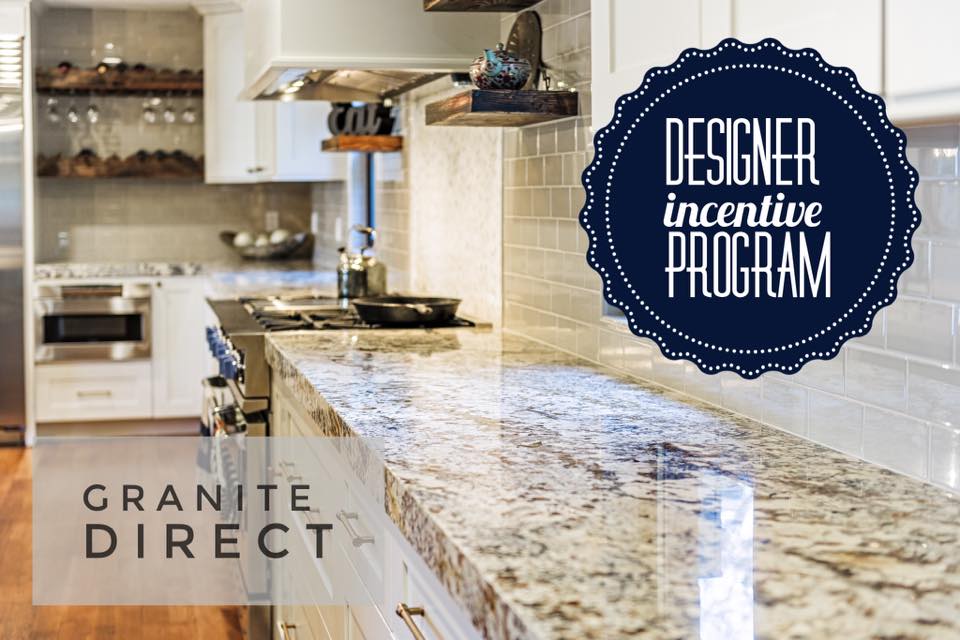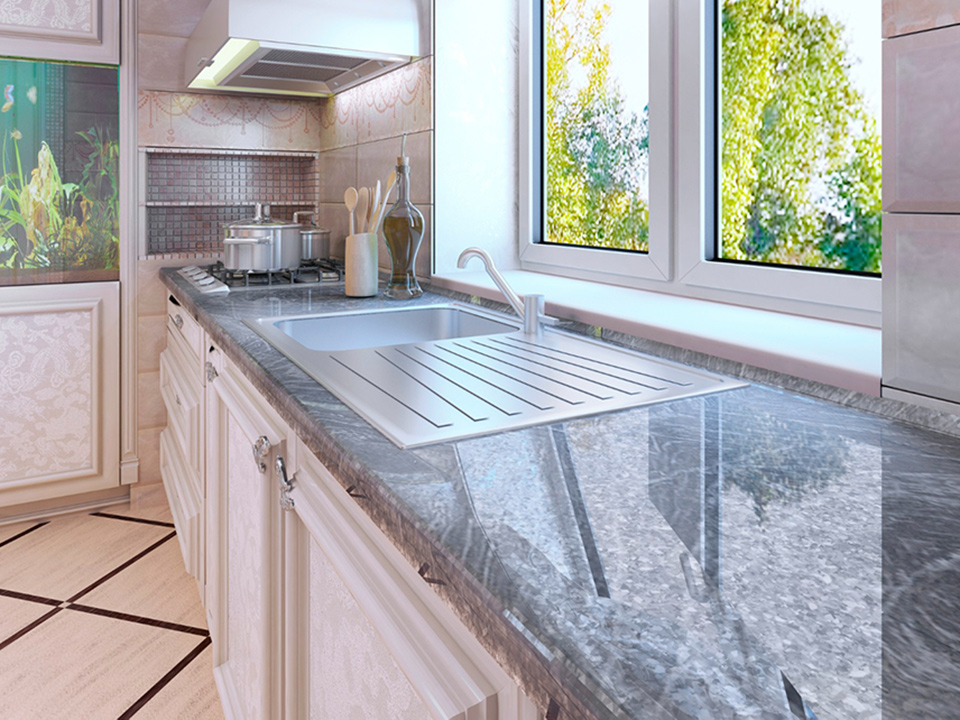Granite is undoubtedly one of the most aesthetic and practical types of stone for bathroom and kitchen countertops. It is durable, solid, chemical-resistant, and lasting as long as 15 years if properly cared for. Despite all its excellent properties, you will encounter several myths while considering installing it. Some of them are just blatantly wrong and confuse potential buyers in Denver.
Many of our Denver granite countertop customers have shared horrible stories with us, not knowing that most of what they hear is far from the truth. In this blog, we shall expose these myths so that you can be sure of the facts about granite countertops while making a purchase decision.
Myth #1: Quartz has Replaced Granite
At one time, granite was the stone of choice for bathrooms and kitchens. However, as it became more accessible, granite countertops became more common. Many Denver residents have now opted for granite countertops compared to other materials, which has led to a new discussion – the declining value of granite. When anything is available in abundance, it tends to decline in value. This is precisely what Denver residents are thinking about granite countertops and are moving towards quartz and man-made products.
However, that doesn’t mean that granite is out of style. It is a classic material that is here to stay. However, it is essential to consider that both quartz and granite serve their own unique purposes. For example, granite is all-natural, formed under heat, and can sustain high temperatures. Quartz, on the other hand, isn’t as resistant to heat and chemicals as much as granite is. Both are in style, depending on what Denver customers prefer for their kitchens.
Myth #2: There Is No Difference Between Granite and Marble
There’s no denying that both are natural stones, but they aren’t the same because granite’s properties differ from marble’s. Marble is a hard limestone that is available in a myriad of colors. Granite is a rock with a granular appearance. It is more complex, more substantial, and less porous than marble. Moreover, marble is more economical than granite but requires extra care and maintenance. Because it’s porous, it can quickly develop cracks and stains without proper care.

Myth #3: Granite is Expensive
Granite is indeed an expensive natural stone compared to marble. However, its high price tag can be justified. It is far more durable and is resistant to heat and chemicals. Moreover, the average pricing of granite countertops is more or less in line with that of quartz.
You get what you pay for.
A 30 sq. ft. installation of Denver quartz countertops will cost roughly $1,800. Add in 22% for labor costs, around $360. Now factor in remaining installation costs and sink cutout costs, which will set you back roughly $3,760.
Granite countertops cost in the range of $40 to $75 per sq. ft. One high-graded granite slab can cost as much as $500 per foot. Considering all other costs per the preceding example, the granite countertop will cost roughly $3,500.
It is also important to note that, unlike other natural types of stone, granite isn’t hard to find as it is in abundant supply. As a result, the cost per square foot has been steadily declining.
Myth #4: Granite Countertops are High Maintenance

Granite countertops in Denver require sealant once only when they are installed. Then, no maintenance is required for the rest of their lives since granite is resistant to chemicals, heat, and stains. The only care you need is to use a damp cloth to wipe off dust and stains. Regardless of what your countertops are made of, you will still need to take care of them.
Myth #5: Granite is Not Safe for Food Preparation
Granite is one of the safest countertop materials that you can use for cooking and food preparation. This is because it is resistant to chemicals and heat. It is also hygienic and easily cleaned. It is natural that granite countertops when installed in the kitchen, will often come in contact with food, but none of that would destroy its appeal and beauty. It is always good to use a cutting board instead of the countertop for all your cutting needs to increase its life.
Myth #6: Granite Countertops Emit Radon Gas
This is undoubtedly the biggest misconception about granite countertops. Radon is a toxic gas that all-natural substances emit, including granite and the air in your surroundings. However, the amount of radon that granite emits is negligible and will not damage your health. Your chances of developing health problems are more likely due to air pollution than the sparkling countertops in your kitchen.
Conclusion
Don’t pay attention to everything you see or hear about granite. Talk to the experts at Colorado Granite, and we’ll guide you thoroughly on the wide variety of granite countertops for kitchens.

